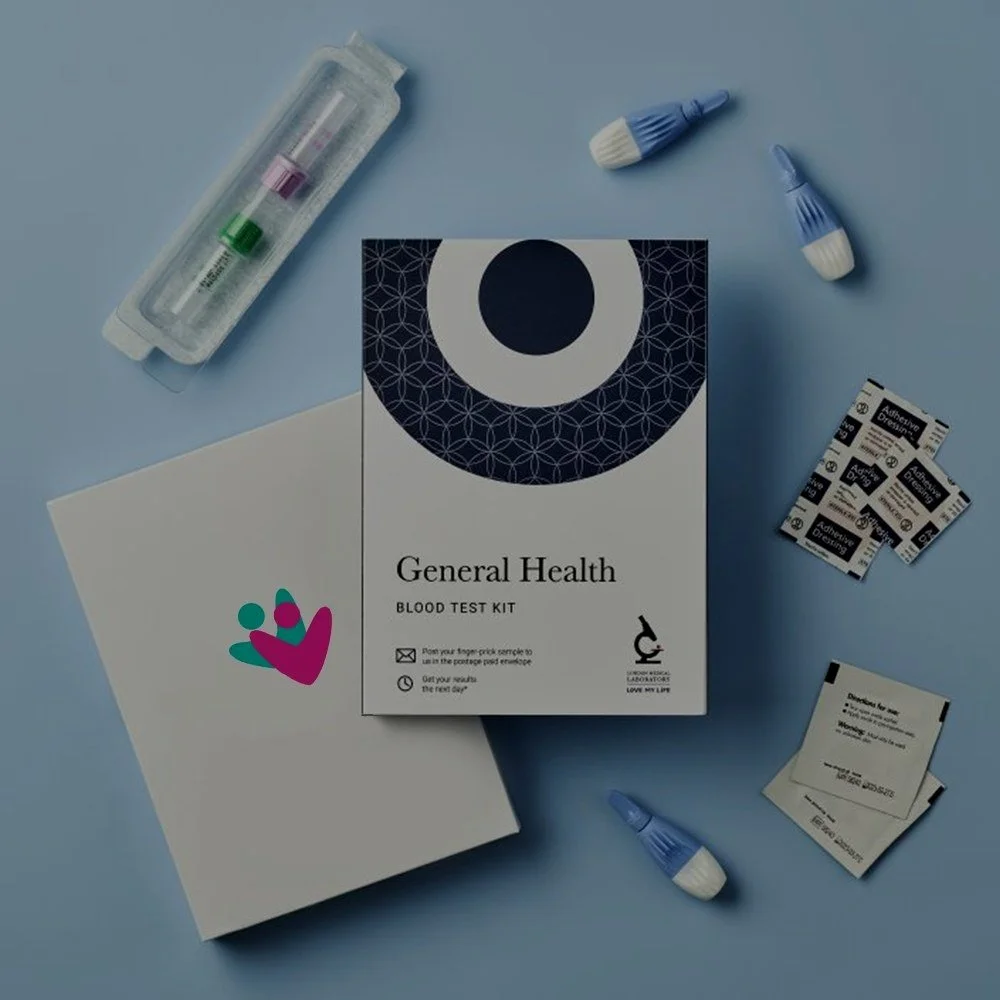A guide to living and thriving with food allergies
A Comprehensive Guide for living a healthy life with food allergies
Living with food allergies can feel overwhelming, but it doesn’t have to be. With the right knowledge, planning, and resources, you can lead a healthy and fulfilling life despite your allergies. In this guide, we’ll cover essential tips for managing food allergies, navigating social situations, and finding delicious allergy-friendly recipes. Whether you’re newly diagnosed or have been managing allergies for years, this article is designed to empower you to thrive.
Understanding Food Allergies
Food allergies affect millions of people worldwide and occur when the immune system mistakenly identifies a specific food protein as harmful. Common allergens include peanuts, tree nuts, dairy, eggs, wheat, soy, fish, and shellfish. Symptoms can range from mild (such as itching and hives) to severe (like difficulty breathing or anaphylaxis).
If you suspect you have a food allergy, you can take an easy at-home allergy test. Your GP and healthcare professionals can provide guidance on managing your specific allergy and prescribe an epinephrine auto-injector (such as an EpiPen) in case of emergency.
Tips for Managing Food Allergies
Read Labels Carefully: Always check the ingredient list on packaged foods. Look for allergen warnings, and familiarise yourself with alternative names for your allergens (like “casein” or “whey” for dairy allergies).
Plan Ahead: When dining out, research restaurants with allergy-friendly menus, and inform the staff of your allergies beforehand. Many restaurants are willing to accommodate dietary needs with advance notice.
Cook at Home: Preparing meals at home gives you complete control over ingredients and reduces the risk of cross-contamination. Invest in allergy-safe cookware, utensils, and storage solutions to keep your kitchen allergen-free.
Educate Yourself and Others: Make sure your family, friends, and caregivers are aware of your allergies and know how to recognise symptoms of an allergic reaction. Consider wearing a medical alert bracelet that lists your allergies.
Always Carry Your Medication: If prescribed, carry your epinephrine auto-injector at all times. Make sure you and those around you know how to use it in case of an emergency.
Finding Delicious Allergy-Friendly Recipes
Adapting to a diet that avoids certain foods doesn’t mean compromising on taste or variety. Here are a few ways to discover and enjoy delicious allergy-friendly recipes. For more allergy friendly recipes, please visit the Allergy UK website.
Explore Substitutes: Many common allergens have readily available substitutes. For example, use almond milk or oat milk instead of dairy, flaxseed meal as an egg replacement, or gluten-free flour for baking.
Try New Cuisines: Explore cuisines that naturally align with your dietary restrictions. Mediterranean, Middle Eastern, or Southeast Asian cuisines often have a variety of naturally gluten-free, dairy-free, or nut-free dishes.
Join Online Communities: Connect with others who share your allergies on forums and social media. These communities are great for recipe swaps, product recommendations, and support.
Staying Positive and Proactive
Living with food allergies requires vigilance, but it doesn’t have to be a constant source of anxiety. By staying informed, advocating for yourself, and connecting with others who understand, you can focus on enjoying life to the fullest. Remember, you’re not alone—millions of people live with food allergies, and many resources are available to help you navigate this journey.
At-home test for allergies
The UK's most comprehensive allergy profile with 295 allergens tested.
General Health Profile
This at-home blood test will provide you with a comprehensive check-up of your general health.


